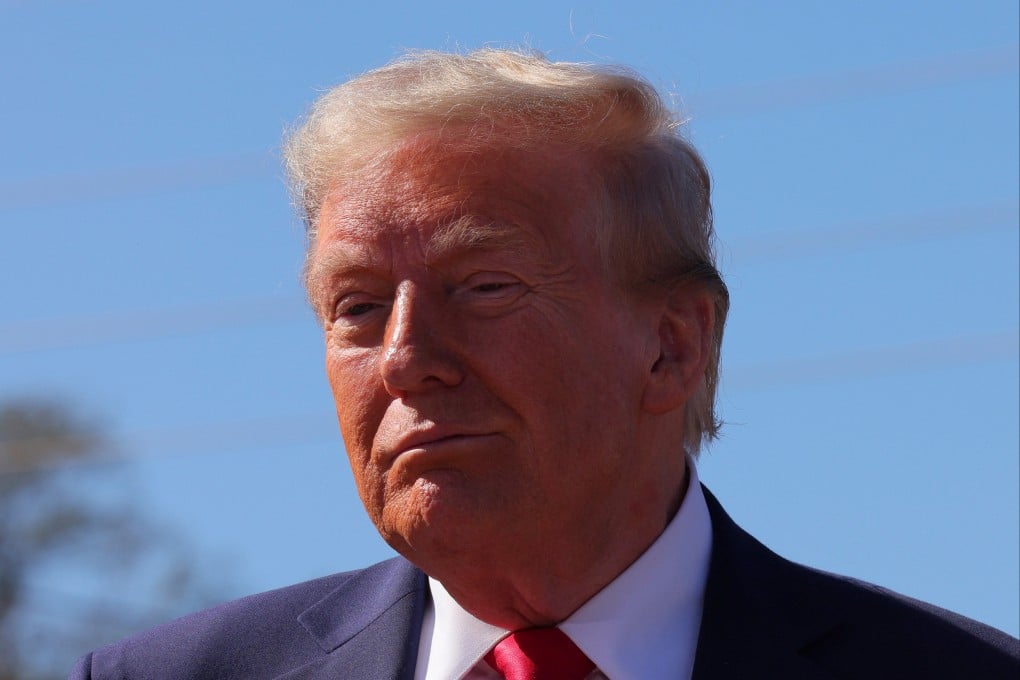How EU’s China policy anticipates Trump’s return to the White House after 2024 election
The former US president may win on election day, but his unpredictability has raised doubts about what cooperation would be possible

As the EU’s 27 member states prepared to vote on whether to impose steep tariffs on Chinese-made electric vehicles earlier this month, several were called on by American diplomats.
The message was simple: if you vote against these duties and if Donald Trump wins the US presidential election in November, then the bloc’s ability to make a deal with him that might involve China policy would be severely diminished.
That US diplomats were lobbying their European counterparts to take a tougher stance on China should not be a surprise.
But what may raise a few eyebrows is the fact that they were asked to intervene by the European Commission, which had proposed additional tariffs of up to 35.3 per cent on the imports – but which was feeling the squeeze as China pressured EU capitals to vote against them.
“We are walking a fine line here,” said one senior official at the time. If the vote failed, it would have killed EU credibility as a tough actor on China – which may come in handy if Trump wins and tries to negotiate continued US support for Ukraine in exchange for Europe’s backing for a hardline agenda on Beijing.
In the end, the tariffs passed comfortably and while it is unclear how much the US lobbying swayed the vote, the episode illustrated how the fear of Trump 2.0 is percolating through almost every fibre of EU policymaking, just two weeks ahead of the election.
